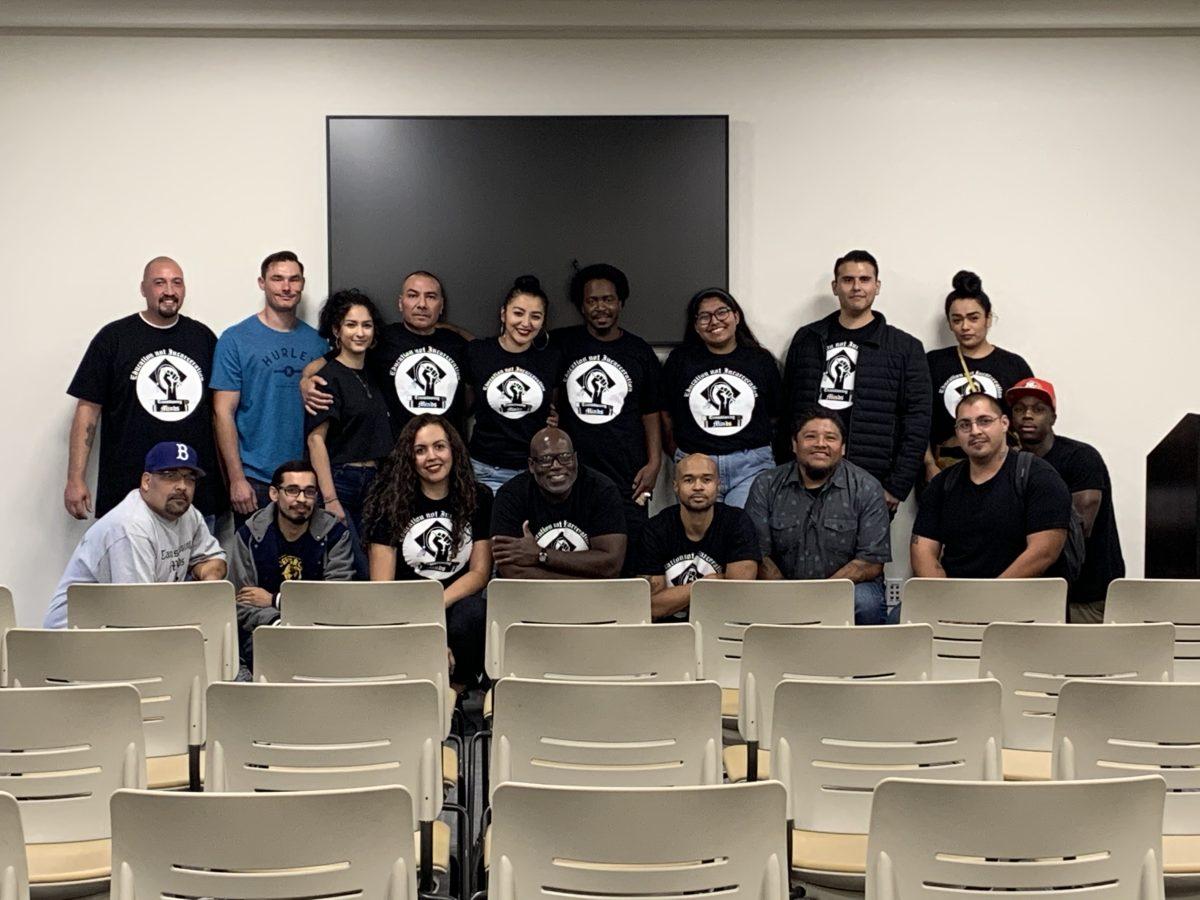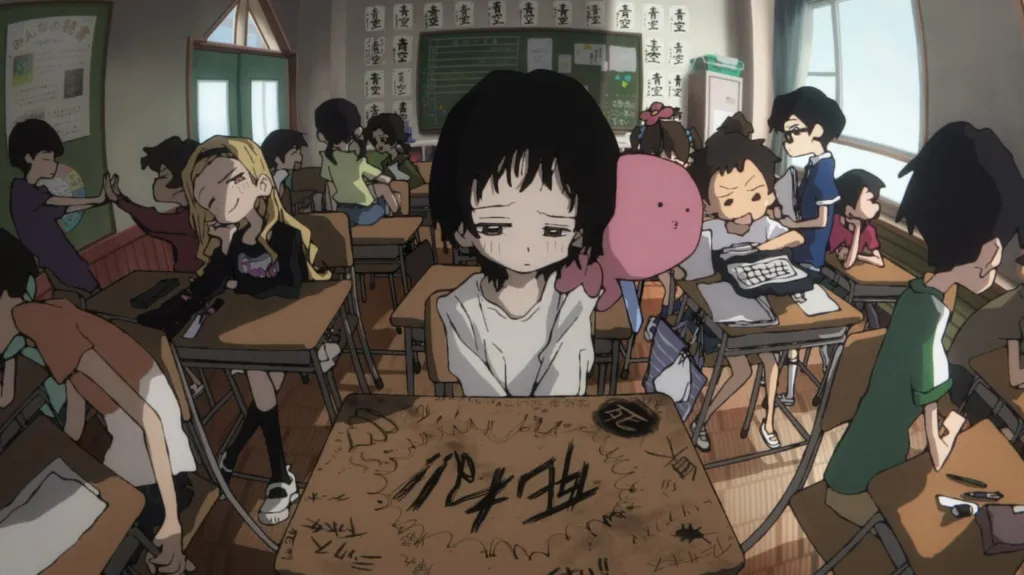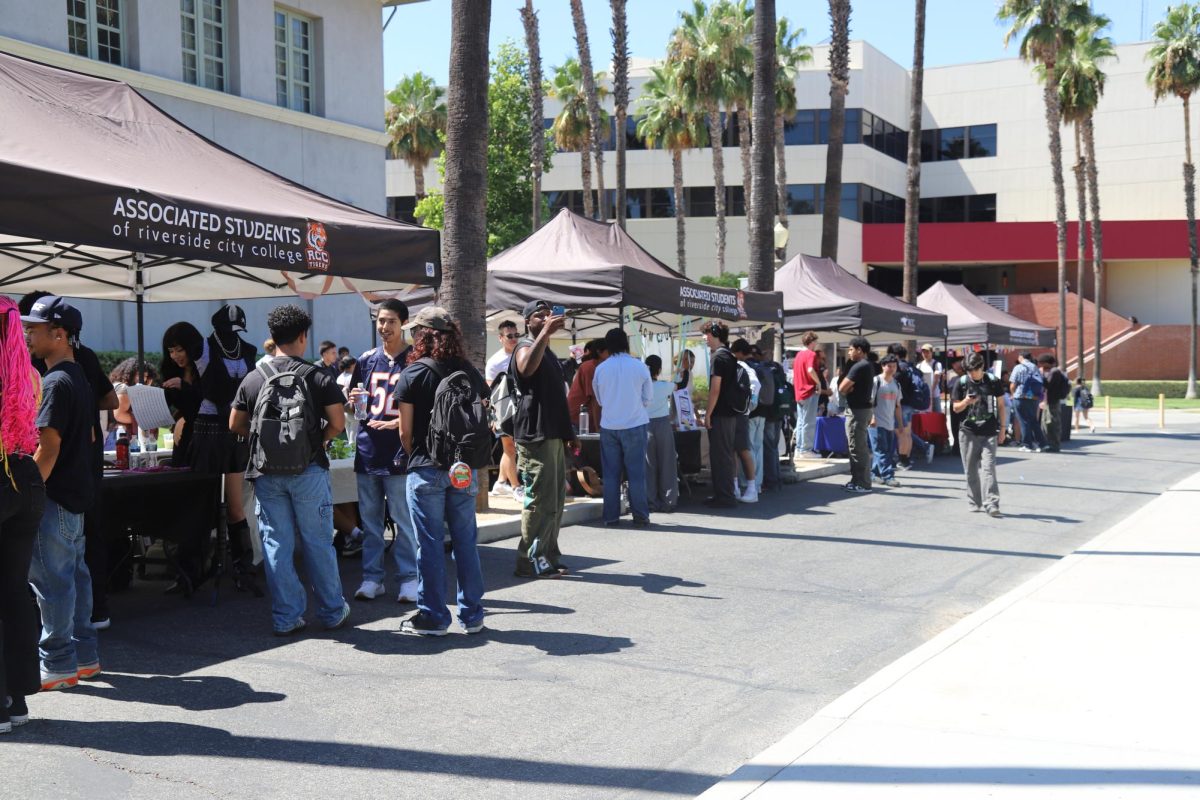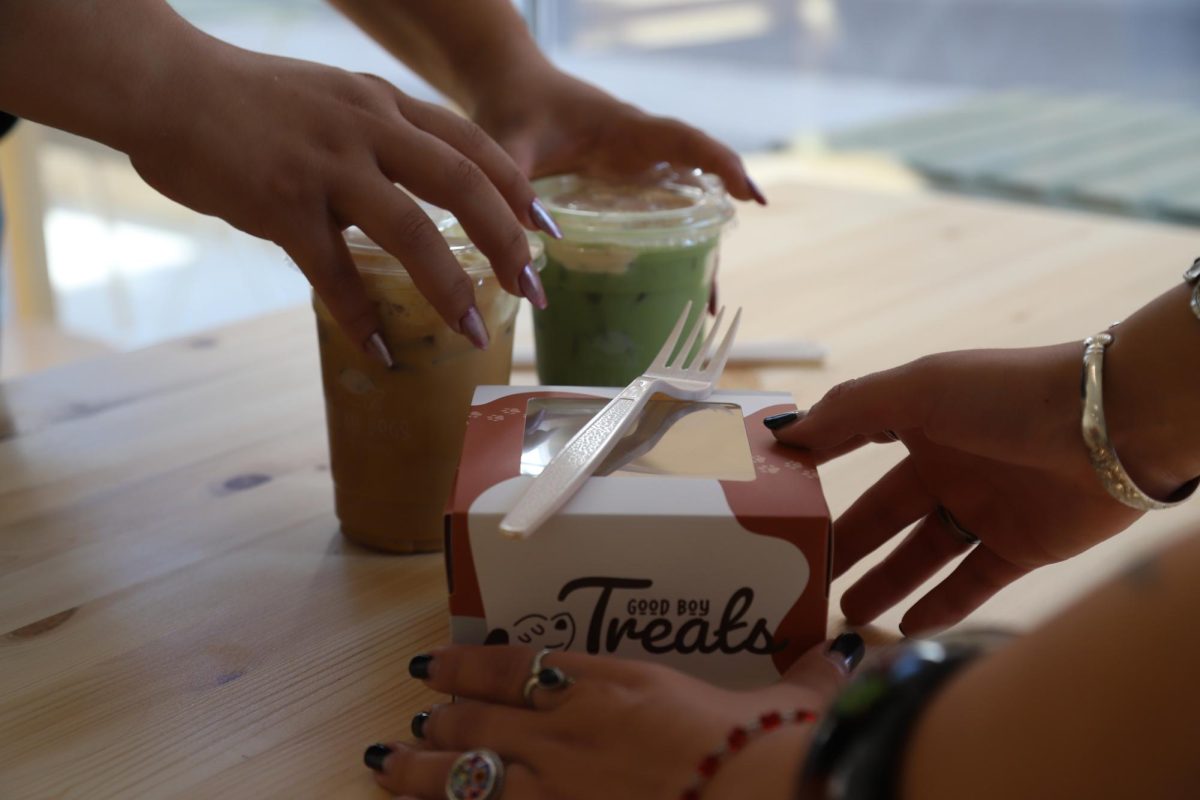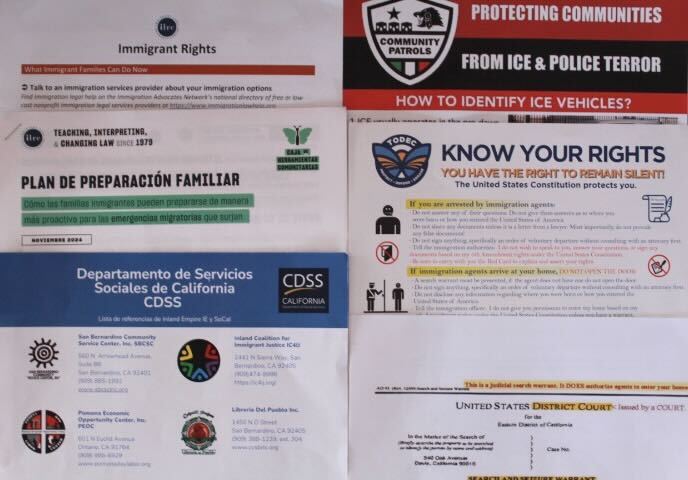By Erik Galicia
Students directly impacted by the system of mass incarceration have brought a message of unity and social justice to Riverside City College.
A collaboration between the college’s Transitioning Minds Club and Outreach and Student Equity Services brought a panel of five formerly incarcerated students to a packed Hall of Fame room in the Bradshaw Building on Nov. 19.
The presentation included a viewing of “From Incarceration to Education,” a documentary that highlights the educational journeys of university students with rough pasts.
The film aims to reduce recidivism and change the often judgmental narrative surrounding formerly incarcerated people in the United States, the country with the most prisoners in the world.
Many formerly incarcerated students come to college feeling like they do not belong. Transitioning Minds and their UC counterparts, the Underground Scholars Initiative, work to provide a safe and supportive community to help these students thrive.
“When I came to RCC, Transitioning Minds wasn’t around,” said Carlos Cruz, an RCC graduate who transferred to UC Riverside. “I was like an outcast here. Most of the other students would … avoid me. I felt very alone. It wasn’t until I got involved with Underground Scholars that I started feeling like I belong here.”
Abdulla Puckett, a UCLA student who spent 15 years behind bars, explained that everyone is impacted by mass incarceration.
“If you live in this country, you’ve been impacted by the system of mass incarceration … in one way or another,” Puckett said. “The tax dollars that would be going to fix your schools, your streets, your parks are actually being spent on prisons. On locking people up in cages.”
Puckett argued the importance of supporting those who are returning to society from jails and prisons by asking a question.
“They’re coming back to your neighborhoods,” Puckett said. “They’re gonna be your neighbors. They’re gonna be in the schools with you. They’re gonna be in the shopping malls with you.
“Would you rather have those persons learning, getting skills that are going to help them advance their lives and … communities? Or do you want them cut off from being able to return and have a place in society?”
Katherine Maldonado, a UC Riverside doctoral candidate who has testified on behalf of asylum seekers and recommended policy to international audiences, shared the struggles she faced as an undergraduate student at UCLA.
“The hardest thing that I’ve navigated was the removal of my kids and (their placement) into foster care,” she said. “It was the most traumatizing thing anyone could experience … I had fought so hard to get out of the streets.”
The experience led Maldonado to research the experiences of formerly gang-involved Chicana mothers for her dissertation.
Richard Leon, a UC Berkeley student who was also featured in the film, recalled the difficulty of juggling his education and helping his family come to terms with his brother’s 20 year prison sentence. He also explained the intrinsic reward he felt after showing the documentary to inmates at San Quentin State Prison.
“Even lifers would be like, ‘This gives me hope,’” Leon said. “Seeing folks that … may never come home have that hope just blew my mind.”
The panelists all shared the need to end the stereotyping of formerly incarcerated people in order to create a more just society. They expressed that solidarity and love from the community is essential in the fight against the system.
“We’re just like you,” said Daniel Arvizu, who also transferred to UC Riverside after graduating from RCC earlier this year. “It’s never too late. Don’t let these stereotypes get you. I’m just like you.”

